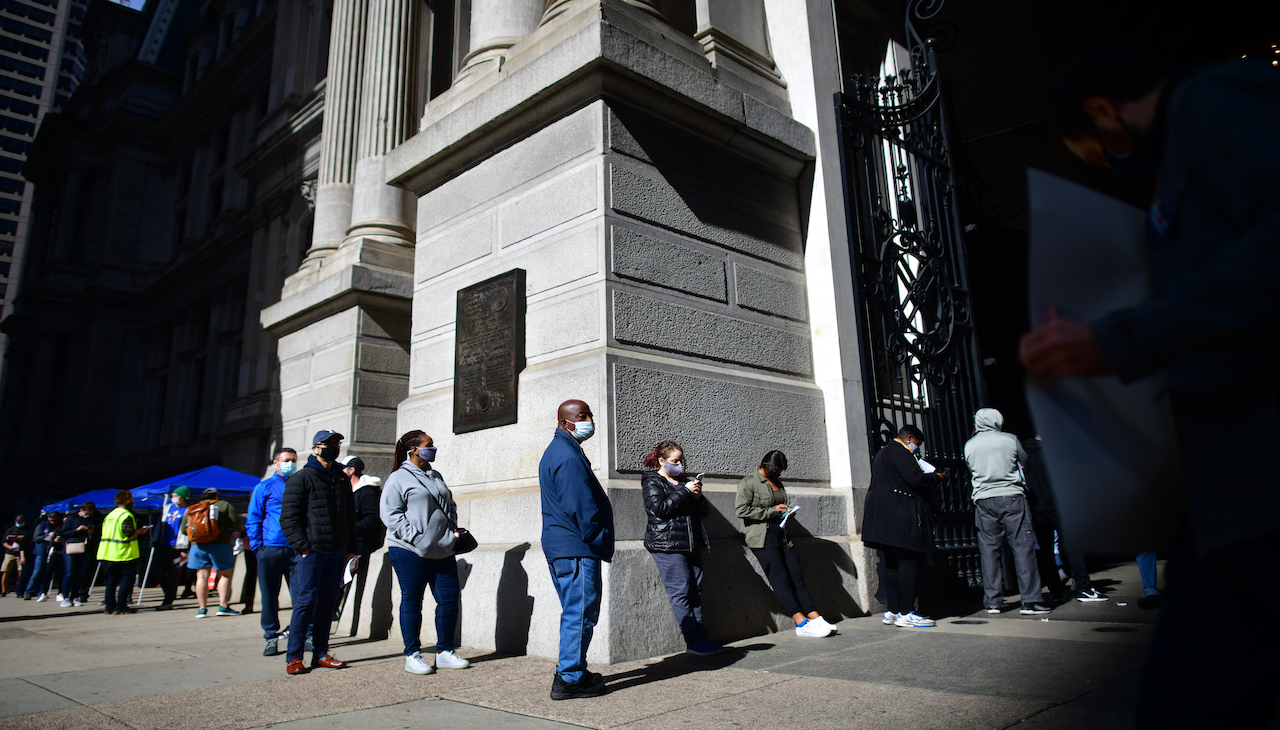
Voting by mail is an accessible choice for Pennsylvania voters
With less than two months until the 2022 general election in the U.S., voters will need to prepare to cast their ballots in a manner that is both informed and consistent with Commonwealth law, and in accordance with a county election office’s procedures respective to a voter’s location and address.
Mail-in-voting became subject to unprecedented scrutiny over validity concerns following the 2020 presidential election, namely raised by former Republican President Donald Trump, leaving the ripples of doubt in current elections.
In Pennsylvania, a vote cast via mail is legal, whether sent from the comfort of the voter’s home or from a different state, in a process known as an absentee ballot, so long as a valid application is received and accepted by the County in which you plan to cast your political decision.
The first task prior to considering the most effective and convenient way to cast a ballot is to first confirm if you are registered to vote. The Department of State fashioned a website where voters can ensure they are legally registered in the Commonwealth, where you can check your status by name, driver’s license number, or PennDOT ID.
After having confirmed your voter registration status, and indeed confirming you are voting eligible, voters will need to fill out an application to be sent to their respective county, which will in turn evaluate whether the application materials were sent correctly.
Note that applications are available in English, Spanish, and Traditional Chinese for both mail-in and absentee ballots. Applications for both voting alternatives must be submitted by Nov. 1, 2022 by the county election board at 5 p.m.
And while mail-in ballots do not require a reason to apply, absentee ballots must be prepared to submit a reason as to why the voter is unable to make it to their polling places, such as an illness or disability.
Is an online application my only option?
No. For both absentee and mail-in voting, an application can be sent by mail, and applications are available for printing in English, Spanish, and Traditional Chinese. Should you not have a printer available, you can have a paper application mailed to you via this form.
To ease this process, Pennsylvania now has an Annual Mail Ballot List, where you can request to be added to a list, and an application will be subsequently sent directly to you in February. Albeit this process doesn’t circumvent the application process, it gives voters ample time to prepare for their preferred voting style.
Once the application is approved and a mail-in ballot is available to you, be sure to carefully observe the instructions, since any number of small mistakes could render the ballot invalid.
CONTENIDO RELACIONADO
As soon as it's filled out and you feel as though you’ve made the right choices in accordance with the ballot instructions, return the ballot!
The county election board accepts mail-in and absentee ballots during each office’s business hours.
Deadlines for returning ballots are Nov. 8, before 8 p.m., on Election Day.
According to the government’s website, voters can mail the ballot by: “Using the return envelope supplied with your ballot, make sure you use the proper postage (if needed) and that it arrives to your county election board by 8 p.m. on Election Day. Postmarks do not count. If your ballot is not received by the county election board by 8 p.m. on Election Day, it will not be counted.”
If you find yourself unable to mail the ballot in, you can opt to hand-deliver the ballot to your designated county election office or another officially designated site. Some counties accept ballots dropped at drop-off boxes.
However, it is important to be aware that under Pennsylvania law, each voter must return their own ballot. The one exception to this is for voters with a disability who authorized, in writing, for another person to deliver the ballot.
Pennsylvania’s disabled voters are protected under federal law as well, and it is illegal for county election officers to prevent ballot casting through a proxy if the person achieved all pertinent documentation.
Happy voting!






DEJE UN COMENTARIO:
¡Únete a la discusión! Deja un comentario.